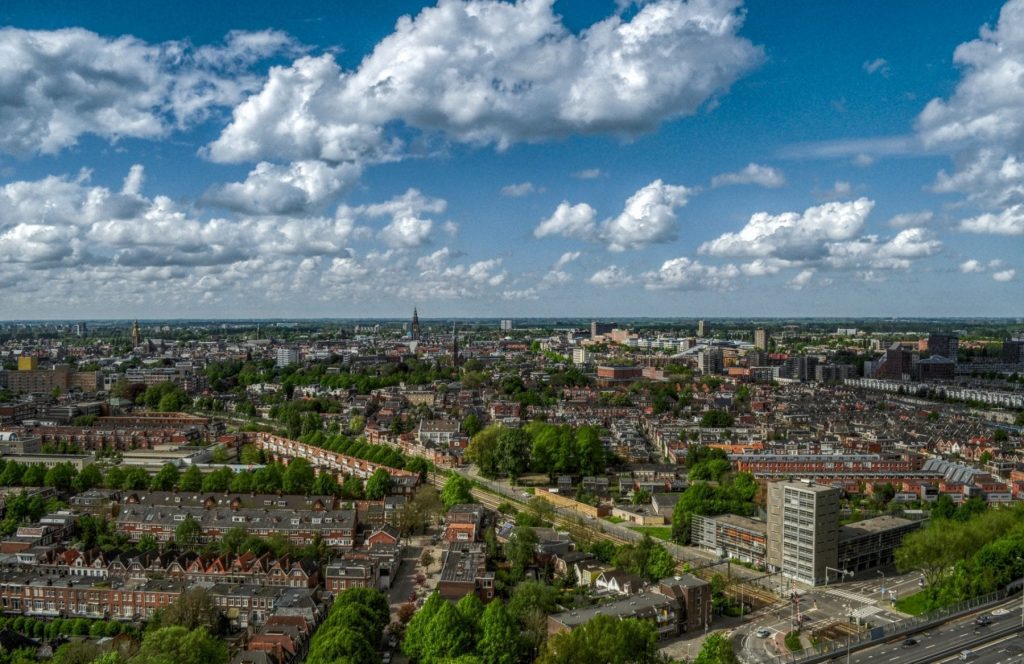Introduction
Many companies in the Netherlands attract employees from abroad. In our daily practice we see that for some companies it is difficult to offer a salary range that is sufficient for the cost of living in the Netherlands. In this blog, we will explore the various aspects of the Cost of Living in the Netherlands and offer valuable insights to help you make informed decisions.
1. Housing
Housing is likely to be the most significant expense for anyone living in the Netherlands. The cost of housing can vary considerably depending on the city or region. In major cities like Amsterdam, Rotterdam, and Utrecht, accommodation costs are typically higher than in smaller towns. Renting an apartment or a house can be more expensive in the city centers compared to suburban areas. On average, a one-bedroom apartment in a city center can cost around €1,300 to €1,800 per month, while the same apartment outside the city center may range from €900 to €1,400 on average per month.
Amsterdam is by far the most expensive city and the region around Amsterdam the most expensive region in the Netherlands when speaking about housing. Amsterdam is followed by Utrecht, Eindhoven, The Hague and Rotterdam. Smaller cities on the country side often do not have a lot supply on the market so it might look like it’s cheaper there but in many cases there’s not enough availability.
2. Food and Groceries
The cost of food and groceries in the Netherlands can also impact the monthly budget. Eating out at restaurants can be relatively expensive, especially in touristy areas. A basic lunch at a restaurant may cost around €10 to €15 (drinks not included), while a three-course meal for two at a mid-range restaurant can be around €50 to €70 (also without drinks). For groceries, a weekly shopping budget for one person can be approximately €40 to €60, depending on personal preferences and dietary choices.
3. Transportation
The Netherlands has an excellent public transportation system that includes trains, buses, trams, and metros. Monthly transportation costs can vary depending on location and how frequently your employees use public transport. A monthly travel pass for unlimited travel within a city can cost around €70 to €100. If they opt for a car, they have to keep in mind that besides the cost of purchasing the vehicle, they will also have to consider expenses such as insurance, fuel and parking.
4. Health Insurance
A basic health insurance is compulsory in the Netherlands, and the cost can vary based on the coverage and provider you choose. Monthly costs for the basic health insurance vary depending on the choices made from €125 to more than €150 per person. Children up to 18 years are included in one of their parent’s polis.
Whereas the basic insurance covers many but certainly not all items, one can add additional insurances for for example the dentist or the physiotherapist. Fees depend on the choices made.
Please note, it is essential to check for the most current information, as the amounts change yearly.
5. Utilities and local taxes
Utility costs, including electricity, heating, water, and internet, are relatively stable and can be budgeted for consistently. For a standard 85m² apartment, monthly utility bills can average around €150 to €200, depending on energy consumption and location.
Municipal taxes, including water management and waste disposal fees, are additional costs that your employees need to consider when determining their total expenses in the Netherlands. These taxes can vary per municipality, making it essential to know the specific amount applicable in your employees’ place of residence.
In 2023, the average amount for these municipal taxes for a rental house is €436. However, it is crucial for your employees to check the specific rates in the municipality where they plan to live, as this amount can vary significantly. Some municipalities may have higher or lower rates, depending on their individual policies and local circumstances.
6. Education
If your employees have children and plan to enroll them in international schools or private institutions, be prepared for additional expenses. International school fees can range from €10,000 to €25,000 per year per child, depending on the school and grade level.
Conclusion
While the cost of living in the Netherlands can be relatively high, it is essential to remember that salaries often correspond to the higher expenses, providing a good standard of living for residents. Happy employees usually add more to the company.
Remember, the costs mentioned in this blog are approximate figures and can vary based on factors such as personal lifestyle choices and location. Before making any decisions, it’s advisable to conduct thorough research, consider your personal circumstances, and consult with locals or expats who can provide valuable insights on managing the cost of living in the Netherlands.
More info
Do you want to know more about our assistance? Please contact us at info.nl@anywr-group.com and we gladly answer your questions!


